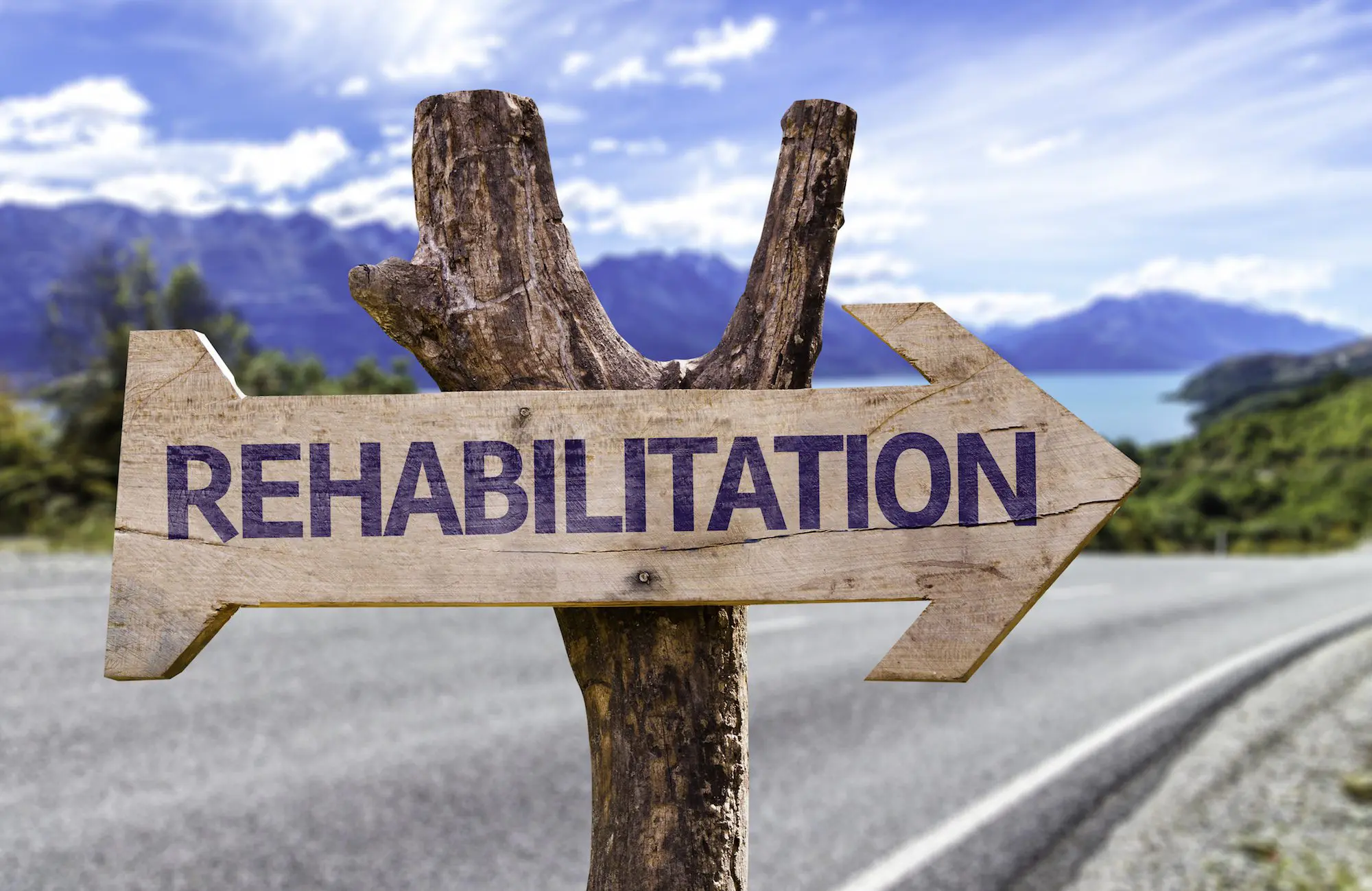Drug addiction is a complex issue that impacts millions of individuals, families, and communities globally. Recently, there has been increased recognition of the need for innovative treatment approaches that go beyond traditional methods.
This blog post will explore the current state of drug addiction treatment, the challenges faced by those seeking help, and some innovative strategies being developed to break the cycle of addiction.
Understanding the Cycle of Addiction
Psychological Factors
To effectively address drug addiction, it is essential to understand its underlying causes. One significant factor contributing to addiction is psychological in nature. Many individuals turn to drugs as a way to cope with emotional pain, trauma, or mental health disorders such as anxiety and depression. Over time, this reliance on substances can create a feedback loop, where the temporary relief provided by drugs becomes a primary means of coping, leading to further psychological distress and an increased dependence on the substance.
Physical Factors
In addition to psychological factors, physical aspects also play a crucial role in the cycle of addiction. Regular drug use leads to changes in brain chemistry and function, creating a physical dependence that manifests as withdrawal symptoms when the substance is not available. This dependence can reinforce the cycle of addiction, as individuals may continue to use drugs not only for their perceived benefits but also to avoid the discomfort of withdrawal. Understanding these interconnected factors is vital for developing effective treatment strategies that address both the psychological and physical aspects of addiction.
The Role of Environment
Another critical component of the addiction cycle is the environment in which an individual lives. Factors such as social influences, economic circumstances, and access to healthcare can significantly impact a person’s relationship with drugs. Environments that promote drug use, whether through peer pressure or the normalization of substance abuse, can further entrench individuals in the cycle of addiction. Conversely, supportive environments that promote healthy coping mechanisms and provide access to treatment can facilitate recovery. Addressing environmental factors is essential for breaking the cycle of addiction and creating a foundation for lasting recovery.
Traditional Treatment Methods and Their Limitations
Rehabilitation Centers
Drug rehabilitation centers, like those available in Idaho, have long been considered a standard approach to addiction treatment. These facilities provide structured programs that often include a combination of detoxification, counseling, and group therapy. While many individuals have found success in these programs, they can also be costly and may not be accessible to everyone in need. Additionally, the one-size-fits-all approach of many rehabilitation centers may not adequately address the unique needs and circumstances of each individual, potentially leading to less effective outcomes.
Medication-Assisted Treatment (MAT)
Medication-assisted treatment (MAT) is another common approach to treating substance use disorders. MAT typically involves the use of medications, such as methadone or buprenorphine, in conjunction with counseling and behavioral therapies. While MAT can be effective for certain types of addiction, such as opioid dependence, it may not address the underlying psychological factors driving addiction for all individuals. Furthermore, access to MAT can be limited by factors such as insurance coverage and the availability of qualified healthcare providers.
Shortcomings of Traditional Approaches
Despite the efforts of rehabilitation centers and the use of medication-assisted treatment, many individuals struggle to break free from the cycle of addiction. The limitations of traditional treatment methods highlight the urgent need for new, innovative approaches that can more effectively address the diverse and complex needs of those seeking help for drug addiction.
The Emergence of Innovative Approaches
Technology-Based Solutions
In recent years, there has been a surge in the development of technology-based solutions for addiction treatment. These innovations range from mobile applications that provide support and resources to teletherapy platforms that connect individuals with licensed professionals from the comfort of their homes. One notable example is an app that connects individuals in recovery, providing a sense of community and support through shared experiences and real-time check-ins. Another emerging solution is virtual reality therapy, which immerses users in controlled environments to help them develop coping skills and strategies for resisting cravings.
Holistic Approaches
Holistic approaches to addiction treatment focus on addressing the whole person rather than just their substance use disorder. These methods often incorporate therapies such as yoga, mindfulness meditation, and nutrition counseling to promote overall well-being and resilience. For example, the use of mindfulness-based relapse prevention (MBRP) has shown promise in helping individuals develop greater awareness of their thoughts and feelings, ultimately reducing the likelihood of relapse. Integrating holistic therapies into traditional treatment programs can enhance their effectiveness and create a more comprehensive approach to recovery.
Harm Reduction Strategies
Harm reduction strategies aim to minimize the negative consequences associated with drug use rather than solely focusing on abstinence. Examples of harm reduction initiatives include needle exchange programs, supervised injection sites, and the distribution of naloxone to reverse opioid overdoses. These strategies have been shown to reduce rates of infectious diseases, overdose deaths, and other drug-related harm. By acknowledging that not all individuals may be ready or able to achieve complete abstinence, harm reduction approaches provide a more pragmatic and compassionate response to drug addiction, ultimately saving lives and supporting individuals in their journey toward recovery.
The Role of Support Systems
Community Support
Support systems play a crucial role in the recovery process, providing individuals with the encouragement, understanding, and resources they need to overcome addiction. Community-based support services offer individuals the opportunity to connect with others who have experienced similar struggles. These peer support networks can foster a sense of belonging and accountability, ultimately enhancing the effectiveness of treatment programs.
Family Involvement
In addition to community support, the involvement of family members can significantly impact an individual’s recovery journey. Families can provide emotional support, encouragement, and practical assistance, such as transportation to therapy sessions. Family therapy programs, which focus on improving communication and resolving conflicts, can also enhance the overall effectiveness of addiction treatment. By involving family members in the recovery process, individuals are more likely to experience sustained success in overcoming their addiction.
Conclusion
Now that we have explored the numerous benefits and barriers associated with innovative approaches to addiction treatment, it is clear that these methods offer significant potential for improving outcomes and supporting long-term recovery.
For more great updates keep visiting yellowsstone.

